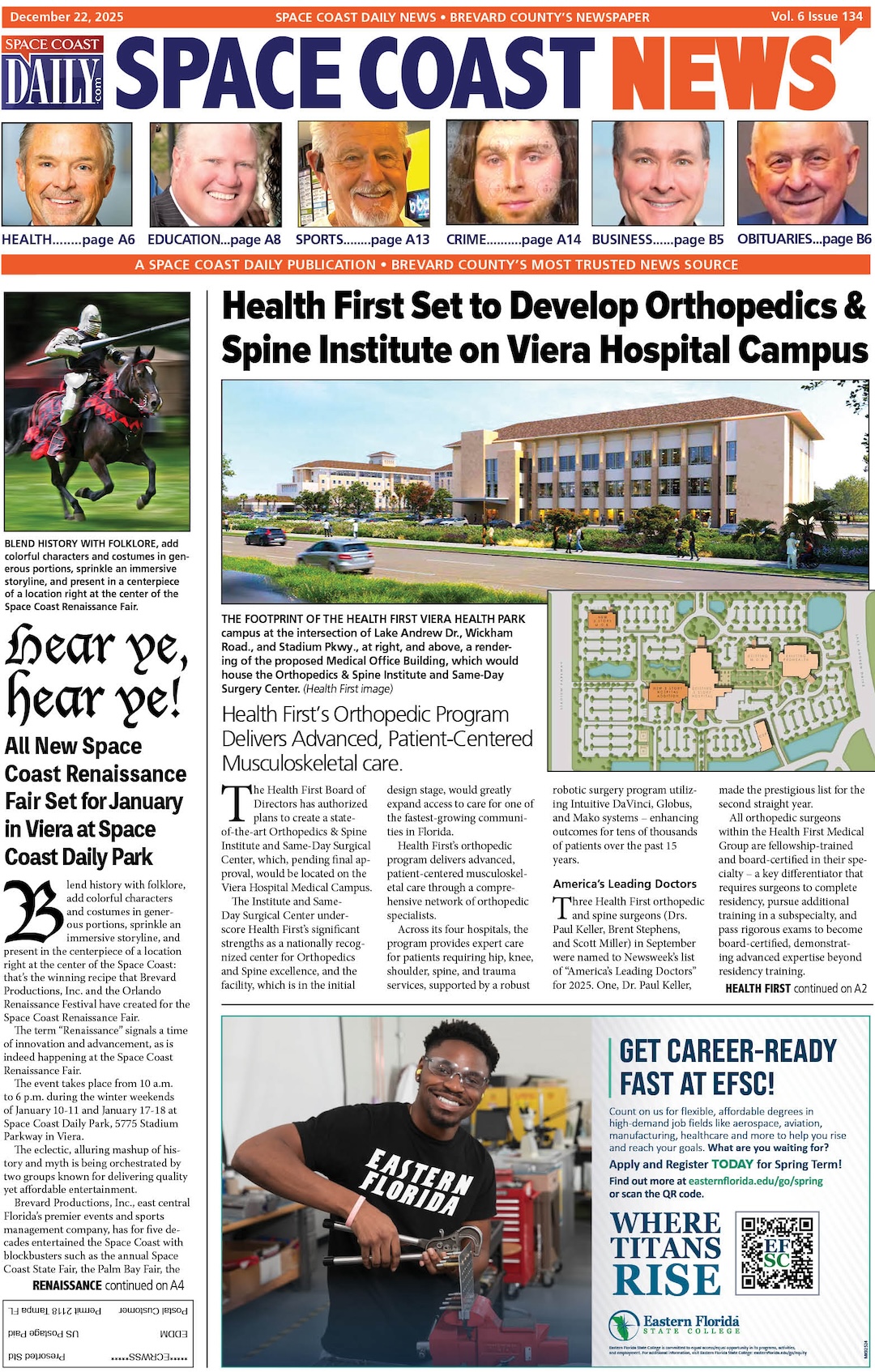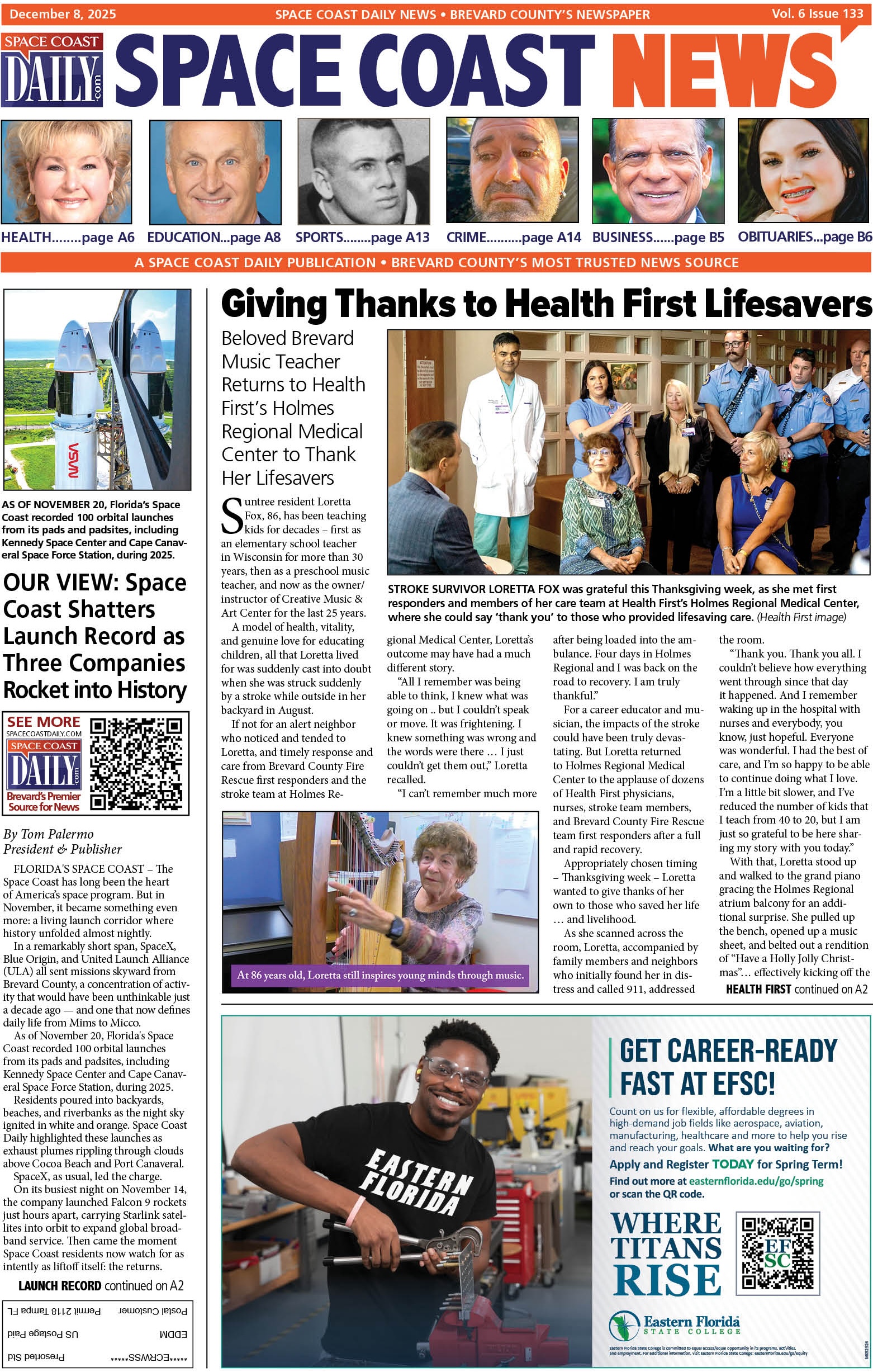Flexible Benefits: The Secret to Winning Employee Loyalty
By Space Coast Daily // July 10, 2025

Nearly six generations are involved in today’s workforce in Ontario; hence, a cookie-cutter approach to employee benefits is no longer ideal. Employers must go beyond traditional benefits to address diverse employee needs, offering those that best suit them and their families.
The result? Loyal talent that helps your organization grow consistently without worrying about frequent recruitment. Let’s break down the intricacies of employee benefits in Ontario and what you should consider.
Understanding Flexible Benefits and How They Work
Also called “flex benefits”, flexible employee benefits are simply a range of options employees can choose from, customizing a benefits package that aligns with their needs and lifestyle.
Most flexible benefit plans operate on reimbursements, where employees get monthly or annual allowances (like a lifestyle savings account) to purchase their preferred services or products. Here are a few common examples of flexible benefits companies in Ontario—and beyond—offer:
- Health insurance (choice of various plan options)
- Retirement plans
- Childcare benefits
- Dental or visual aid insurance
- Parking/transit benefits
- Life insurance
- Gym memberships or wellness programs
- Book club memberships
- Pet insurance
- Legal services
Why Flexible Benefits are Game-Changing
The modern work landscape is seeing a broad adoption of flexible employee benefits, and for good reason. Benefits tailored to employee preferences ultimately foster workplace loyalty. Here’s how:
1. Personal Choices that Drive Real Impact
Every employee is different—some may be millennials fresh out of college, others manage work with family life, and many might be working on future financial security. Offering flexible benefits means employees can make decisions based on their personal preferences, whether retirement savings or extra vacation time. This makes them feel valued, and, in turn, drives them to do good for the company.
2. Fostering Strong Employer-Employee Connections
The most significant advantage of a flexible benefits package is its ability to foster positive employer-employee relationships. Such packages that help employees enjoy a better work-life balance make them feel supported, sparking conversations about how much they like their workplace. This deepens the bond between them and their company, creating an environment where employees are more committed to company growth.
3. Creating a Valuable Company Culture
When employers offer flexible benefits, it’s more than just meeting employee needs—it’s about showing that you care about your people. Employees who feel like their priorities and well-being matter become more invested in company success. They stay longer, collaborate better, and drive impact for business growth. This is the kind of culture that fosters a healthy work environment—one every company should strive to build.
4. Being Ahead of the Curve
Workplaces and employee expectations have evolved, and sticking to the traditional benefits structure means your competition is at an easy win. A flexible benefits plan amplifies the company’s appeal to both new and existing employees. This is lucrative for staying ahead of competitors and attracting top talent by giving them what they want—personalization and control over their benefits.
5. Financial Wellness Employees Prefer
Money is often the biggest stressor in one’s life; ultimately, every employee wants to feel financially secure. When employers offer flexible benefits that let employees address and adjust their financial plans. This can be anything from availing tax-saving options to upskilling for higher compensation and receiving contributions towards retirement.
Flexible benefits that address financial needs ultimately reduce the burden on employees. They feel financially secure, work better, and stay loyal to the company that is helping them plan better financially and remain stress-free.
6. Less Stress, More Productivity
When employers allow employees to adjust their benefits, they can start focusing on things that truly matter—personally and professionally. In turn, employees feel supported and in control of their lives. This reduced stress translates to fewer distractions and higher efficiency, resulting in more present, engaged employees motivated to perform at their best and stay loyal to the organization with their well-being in mind.
Final Thoughts
Flexible benefits are an investment for any organization looking to retain top talent and have a motivated workforce for consistent business growth. When employees feel valued, they bring their best version to work. It’s a win-win for both employers and employees, and empowering your people with tailored benefits is the way to go.












